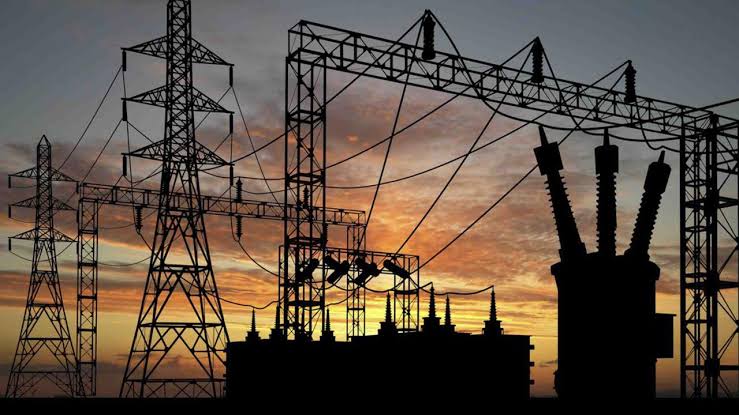- Nigeria electricity debt rises as Benin, Togo and Niger owe $19.97m for power supplied in early 2025.
- Genesis Energy power project to push excess electricity from Port Harcourt Refinery into the national grid.
- Federal Government backs the project to boost energy access and improve national power supply.
- Private off-grid plant by Genesis Energy currently supplies 84MW to Port Harcourt Refinery.
Nigeria is facing growing challenges in the electricity market as some international customers: Benin Republic, Togo and Niger have fallen behind on payments. According to the Nigerian Electricity Regulatory Commission (NERC), these countries owe $19.97 million for power supplied in the first half of 2025.
NERC revealed that the three countries paid only $14.81 million out of the total $34.78 million invoiced. Benin’s utility company, SBEE, did not make any payments on the $2.42 million and $2.77 million bills issued for Q1 and Q2. Togo’s Compagnie Energie Electrique du Togo (CEET) paid only $0.63 million of its Q1 invoice and nothing in Q2. Niger’s NIGELEC is also yet to clear its outstanding bill. NERC expressed frustration over the persistent non-payment issue and called for government-level intervention.
ATTENTION: Click “HERE” to join our WhatsApp group and receive News updates directly on your WhatsApp!
READ ALSO: Unity Is Impossible When Citizens Are Treated as Inferior — Sowore
While Nigeria waits for these outstanding funds, local electricity consumers are also defaulting. Distribution companies billed Nigerians ₦1.48 trillion for electricity from January to June 2025, but only ₦1.11 trillion was actually paid. This leaves an unpaid balance of ₦368.26 billion within six months.
However, there is a positive development within Nigeria’s energy space.
Genesis Energy, a leading clean-energy infrastructure company, has entered into a strategic partnership with the Nigerian National Petroleum Company Limited (NNPCL). The collaboration aims to push excess electricity generated from the Port Harcourt Refinery into the national grid.
During a visit to Genesis Energy’s power facility inside the refinery complex, Minister of Power Adebayo Adelabu praised the company’s capacity and efficiency. The 84-megawatt independent power plant currently supplies steady electricity to the refinery, improving operations and reducing diesel dependence. The Minister stated that this partnership aligns with the Federal Government’s energy transition and long-term plan to stabilise the national grid.
Adelabu emphasized that Nigeria welcomes private sector investment in power, assuring that new investors will operate under a clear policy and regulatory framework. He added that the success of this initiative could lead to a future expansion of up to 120 megawatts of additional power into the grid.
READ ALSO: China Warns US Against Interfering in Nigeria’s Internal Affairs
Genesis Energy’s off-grid plant is currently Nigeria’s largest licensed private clean power facility. Beyond improving operations at the refinery, it represents a model for how industrial plants can produce more power than they need and channel the surplus into the national supply network.
With mounting Nigeria electricity debt owed by neighbouring countries and unpaid local bills, the new move by Genesis Energy gives hope that private sector partnerships may be the key to improving power access across the country.

